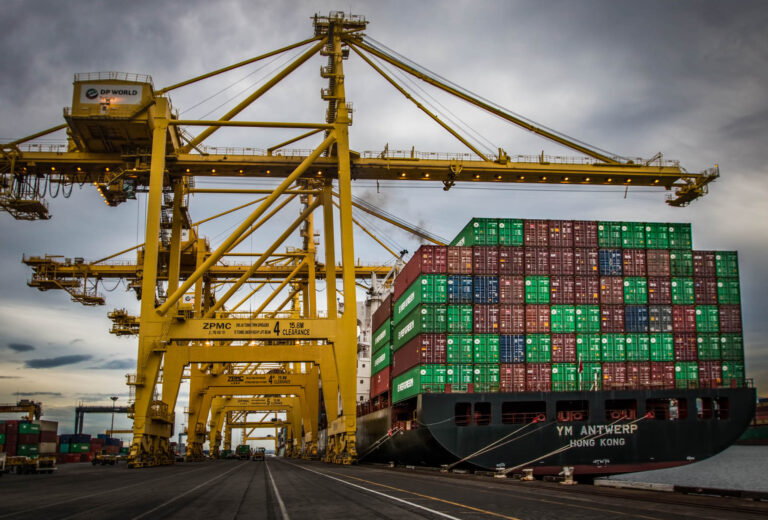The Wall Street Journal reports that Fiat Chrysler’s Chief Executive Sergio Marchionne “wants to replace the two-tier wage structure for hourly workers at the auto maker’s U.S. factories.” The United Auto Workers union is “scheduled to negotiate a new master agreement starting in 2015” with GM, Ford, and Chrysler, but Marchionne signaled willingness to begin negotiations immediately. The Journal describes that prior to the most recent contract agreed to as part of the 2009 bailouts of the auto companies, “the UAW typically fought to keep base wages the same for all workers in similar job categories.”
On the Wall Street Journal’s Washington Wire blog, Salim Furth of the Heritage Foundation discusses the empirical debate between Lawrence Summers and Thomas Piketty over the relationship between labor and capital. The debate is over how easily production can be shifted from human labor to machines. If machines can easily replace labor, the argument goes, regulations that increase the cost of labor such as increases in the minimum wage might lead companies to shift from labor-intensive production to capital-intensive protection.
The New York Times, meanwhile, discusses the potential for technology to create jobs in a profile of Instacart, a grocery delivery start up. Similar to the business model of Uber, Instacart is decentralized, relying on over 1,000 shoppers to deliver groceries to customers from local supermarkets and stores. The shoppers earn from $15-30 per hour and have flexible hours, but do not receive benefits and must pay for their own expenses.
The Wall Street Journal reports that a platinum mine worker in South Africa was killed Thursday while on his way to work. The victim was a member of the National Union of Mineworkers, which is not on strike, but “[m]ore than 70,000 mine workers have been on strike since the end of January led by the Association of Mine workers and Construction Union.” The worker killed had previously received threats from striking workers, and “[t]his is the fifth death this month in the platinum mining region.”
The Associated Press reports on multiple strikes in Brazil this week. Bus drivers in Sao Paulo struck for higher wages, keeping nearly all buses out of commission on day one of the strike, though on day two only forty percent of the fleet was made unavailable. The bus drivers union was surprised by the strike as it had agreed to a 10 percent wage increase earlier this week, though the increase was lower than some workers expected. Bus drivers in Rio de Janeiro also went on a 48-hour strike last week. In addition, civil police (investigators, not patrol officers) went on a 24-hour strike in 14 states seeking higher wages.






Daily News & Commentary
Start your day with our roundup of the latest labor developments. See all
December 12
OH vetoes bill weakening child labor protections; UT repeals public-sector bargaining ban; SCOTUS takes up case on post-arbitration award jurisdiction
December 11
House forces a vote on the “Protect America’s Workforce Act;” arguments on Trump’s executive order nullifying collective bargaining rights; and Penn State file a petition to form a union.
December 8
Private payrolls fall; NYC Council overrides mayoral veto on pay data; workers sue Starbucks.
December 7
Philadelphia transit workers indicate that a strike is imminent; a federal judge temporarily blocks State Department layoffs; and Virginia lawmakers consider legislation to repeal the state’s “right to work” law.
December 5
Netflix set to acquire Warner Bros., Gen Z men are the most pro-union generation in history, and lawmakers introduce the “No Robot Bosses Act.”
December 4
Unionized journalists win arbitration concerning AI, Starbucks challenges two NLRB rulings in the Fifth Circuit, and Philadelphia transit workers resume contract negotiations.